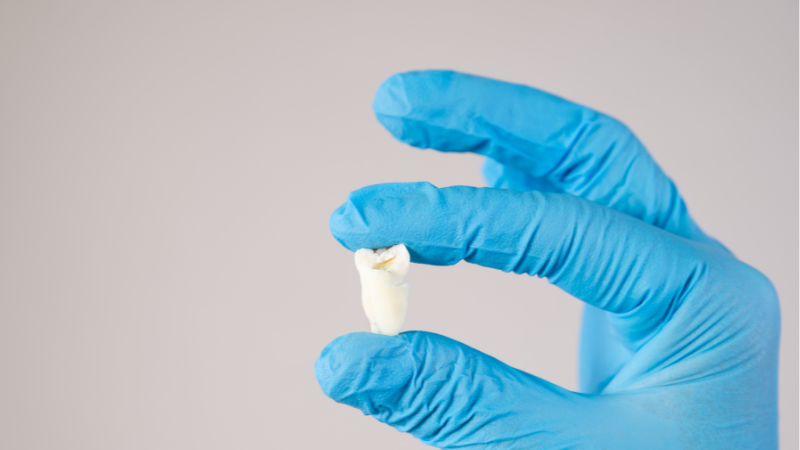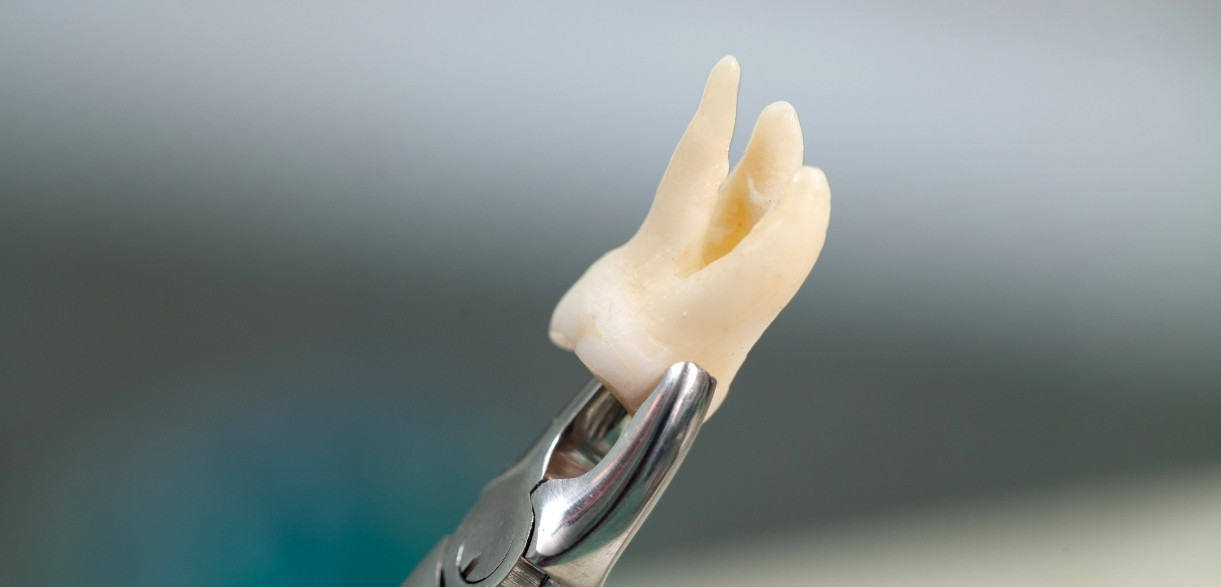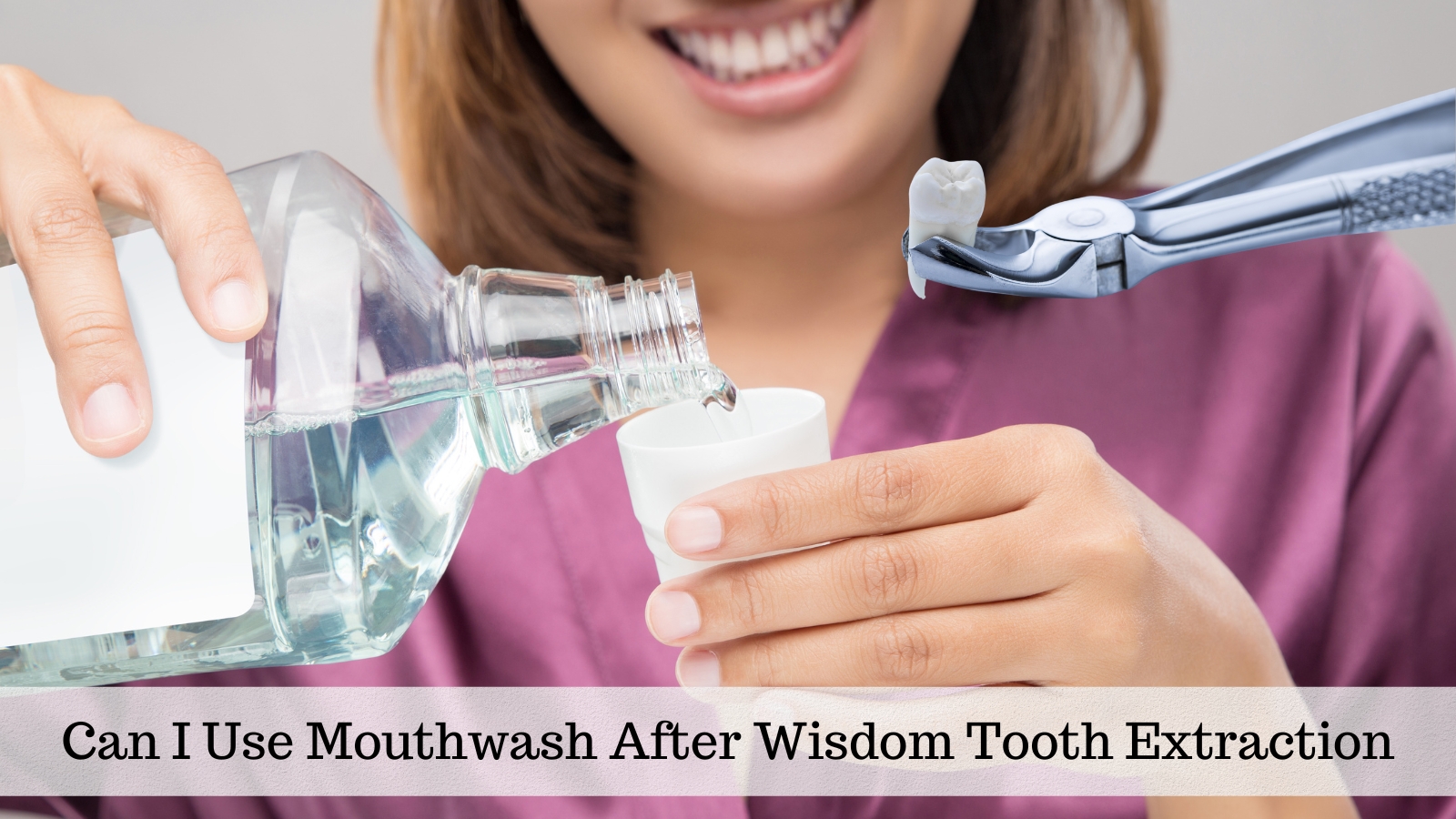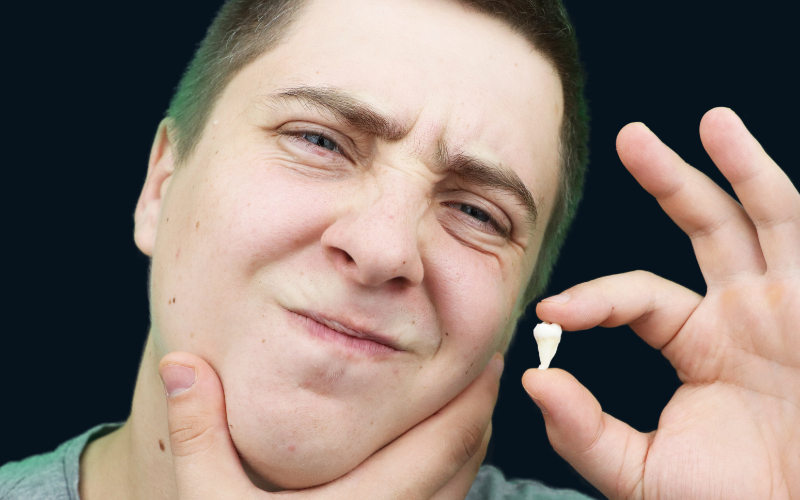Brentwood: (615) 235-1966

Wisdom Tooth Extraction Aftercare: Do’s And Don’ts
Brentwood and Lewisburg, TN

The arrival of wisdom teeth, a tiny souvenir from nature’s gift shop tucked away in the depths of
your jaw, often reminds us of our carefree childhood where we fondly recall the bedtime stories
woven around the tooth fairy’s visit, prompted by the tradition of placing a wisdom tooth beneath
our pillows. Don’t you agree?
In this blog, we’re going to unveil the sacred scrolls of do’s and don’ts of a dental saga a.k.a
‘Wisdom Tooth Extraction Aftercare’ where brushing turns into an Olympic sport, ice cream
plays the role of an eventual concoction, and straws are banished like villains from a
Shakespearean tragedy.
What should you do (or definitely not do) for a fine ‘Wisdom Tooth Extraction’?
After the delicate procedure of tooth extraction, meticulous aftercare is imperative to
foster swift healing and stave off any potential complications. In today’s blog, you’ll find a
thorough guide outlining the essential actions and precautions to take in the days following the
Extraction. First, let’s have a look at the ‘Do’s’ because come on, who wants to look like a chipmunk on a bad day?
● Follow Post-Operative Instructions: Your dentist or oral surgeon will provide specific
post-operative instructions. Follow these guidelines carefully to ensure proper healing.
● Control Bleeding: Bite down gently on the gauze pad placed over the surgical area to
help control bleeding. Change the gauze as needed and apply firm pressure to minimize
Bleeding.
● Take Prescribed Medications: Take any prescribed medications as directed by your
dentist or oral surgeon, including pain relievers and antibiotics, to manage pain and
prevent infection.
● Use Ice Packs: Apply ice packs to the outside of your face in 20-minute intervals during
the first 24 hours to reduce swelling and stiffness.
● Maintain Oral Hygiene: Continue to brush your teeth gently, avoiding the surgical site,
to maintain oral hygiene. Rinse your mouth with warm salt water several times a day,
starting 24 hours after surgery, to keep the area clean.
● Eat Soft Foods: Stick to a soft or liquid diet for the first few days following surgery.
Choose foods that are easy to chew and swallow, such as yogurt, mashed potatoes,
soups, and smoothies.
● Stay Hydrated: Drink plenty of fluids, excluding alcoholic and carbonated beverages, to
stay hydrated and aid in healing.
● Rest and Relax: Allow yourself time to rest and avoid strenuous activities for at least 24
hours after surgery. Avoid bending over or lifting heavy objects, as this can increase
bleeding and swelling.
● Keep Your Head Elevated: Sleep with your head elevated on pillows to reduce swelling
and promote healing.
● Attend Follow-Up Appointments: Attend all scheduled follow-up appointments with
your dentist or oral surgeon to ensure proper healing and address any concerns or
Complications.
Now, let’s get real and talk about the ‘Don’ts’ because nobody wants to end up regretting their
choices more than they did when they thought of avoiding the above-mentioned tips.
● Don’t Rinse or Spit Vigorously: Avoid rinsing your mouth or spitting forcefully for the
first 24 hours after surgery, as this can dislodge blood clots and hinder healing.
● Don’t Smoke: Refrain from smoking for at least 72 hours after surgery, as smoking can
delay healing and increase the risk of complications.
● Don’t Drink Through a Straw: Avoid using a straw for drinking, as the suction can
dislodge blood clots and lead to dry sockets, a painful complication.
● Don’t Eat Hard, Crunchy, or Sticky Foods: Steer clear of hard, crunchy, or sticky foods
that can irritate the surgical site or become lodged in the extraction site, leading to
Infection.
● Don’t Touch the Surgical Site: Avoid touching the surgical site with your fingers or
tongue, as this can introduce bacteria and increase the risk of infection.
● Don’t Overexert Yourself: Refrain from engaging in strenuous activities, such as heavy
lifting or vigorous exercise, for the first few days following surgery to prevent bleeding
and swelling.
● Don’t Ignore Signs of Complications: Pay attention to any signs of complications,
such as excessive bleeding, severe pain, persistent swelling, or fever, and contact your
dentist or oral surgeon immediately if you experience any of these symptoms.
● Don’t Skip Medications: Do not skip or discontinue any prescribed medications without
consulting your dentist or oral surgeon, as they are essential for pain management and
preventing infection.
● Don’t Drive While Taking Pain Medication: Avoid driving or operating heavy
machinery while taking prescription pain medications, as they can cause drowsiness and
impair your ability to drive safely.
● Don’t Delay Seeking Help: If you have any concerns or questions about your recovery,
don’t hesitate to contact your dentist or oral surgeon for guidance and assistance.
In conclusion, proper aftercare following wisdom tooth extraction is crucial for a smooth and speedy recovery. Adhering to the ‘do’s and don’ts’ outlined in this guide is a must to minimize the risk of future health complications, and discomfort and promote optimal healing. Remember to follow your dental professional advice or oral surgeon’s instructions closely, maintain good oral hygiene, and listen to your body’s signals throughout the healing process. While some discomfort and swelling are normal, if you experience severe pain, excessive bleeding, or signs of infection, don’t hesitate to contact your dental professional immediately. With patience, diligence, and proper care, you’ll soon be back to enjoying a healthy and pain-free smile.





